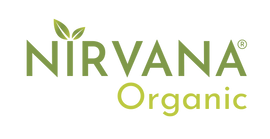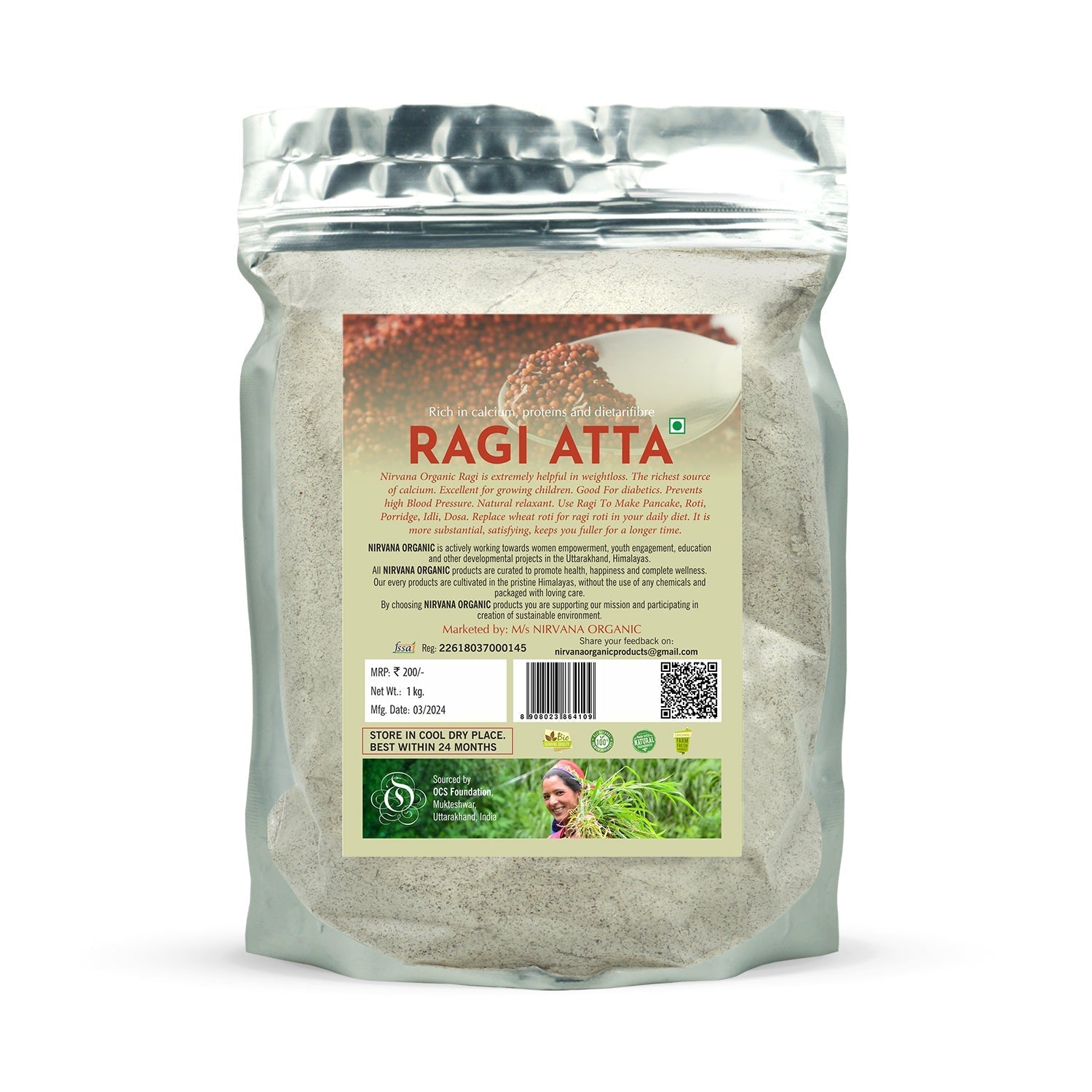The human body bears an elaborate protective mechanism called immune response usually mediated by the immune system in the body. The Thymus gland is central to the process of development of T-cells which can identify foreign substances from the body's cells. Any sort of failure in the formation and working of the thymus or congenital difference can create a failure in the above system that results in immune deficiencies and allergies.
Allergies comes in various forms:
Drug Allergy: A hypersensitive reaction of the immune system to some drugs, usually marked by rashes, swellings, or fever.
Food Allergies: Adverse immune reactions to specific foods commonly associated with disease, such as glucose intolerance.
Environmental Allergies: A condition of hypersensitivity to the environment, to dust, chemicals, odors, and other irritating substances, with a symptom complex ranging from sneezing to respiratory diseases.
Symptoms can be alleviated with such conventional medicines as antihistamines and corticosteroids but they cause side effects therefore people search for natural products such as forest honey. Raw Honey, which is good for cleansing, is antibacterial, antioxidant, and anti-allergic, sweetens sore throats as well as lessens allergy symptoms, and strengthens immunity.
Separating Facts from Fiction
The idea that consuming real, unfiltered honey might prove beneficial in combating the effects of seasonal allergies has captivated natural health conservationists and seasonal pitches for many years now. While it is commonly believed to be effective, people are still cautious and do not think it works if there is no proof. This has made raw himalaya honey one of the most contentious himalayan organic products when it comes to natural treatments today. Now let’s analyze if this is true or a myth by describing possible mechanisms of it, skepticism, and evidence.
The Pollen Mismatch
One of the very powerful arguments that puts honey in very hot water is the type of pollen in the honey. Seasonal allergies are created by wind-borne plants such as grass and trees, and their small pollen grains travel airborne over great distances. While flies pick every particle off of a human being which is more light and sort of moves around, bees collect pollen from flowering plants which is more cumbersome … Anyway, it is not known to cause allergies. Such a disparity leads to doubts as to the effectiveness of honey in counter-sensitization of the immune system against allergenic pollen.
Research Challenges
The scientific research trying to measure the efficiency of himalaya forest honey ran into difficulty because honey is known to differ in its composition depending on the location, time of year, and flower species it was gathered from. Honey is not easily defined for research, and the evidence on dosage frequency, and duration of use that would produce benefit does not exist. Another variable that often emerges in such research is the varying level of responsiveness of the participants to the various allergens which adds to the variations.
The Placebo Effect
One more powerful reason to explain the perceived benefits of honey is the placebo effect. Belief in the efficacy of honey may lead some people to feel better simply because they expect it to work. This psychosomatic phenomenon underscores the importance of perception in health and healing but does little to bolster honey's scientific credibility.
But the Belief Doesn't End Yet.
While the scientific community remains largely skeptical, personal experience and a few studies suggest that there may still be a case to be made for raw organic himalayan Honey in allergy management.
Trace Pollen Exposure
Although the pollen in honey is different from the wind-pollinated allergens, there is some overlap. The daily consumption of raw honey exposes the individual to trace amounts of allergenic pollen, which could be seen as a natural form of immunotherapy. Over time, this low-level exposure might help the immune system build up tolerance, dampening its overreaction to environmental allergens.
Anti-Inflammatory Properties
Honey's well-documented anti-inflammatory properties may indirectly soothe allergy sufferers. Inflammation is central in allergic reactions; it presents symptoms such as congestion in the nose, itchiness in the eyes, and a sore throat. Honey therefore may relieve such symptoms because of its ability to reduce inflammation, though not affecting the allergies themselves.
Due to the natural health-conscious approach to life, there are many reasons well beyond allergy control that individuals who are interested in raw honey seek this natural medicine. However, as an unprocessed natural food, honey does contain enzymes, vitamins, and antioxidants that work toward general health benefits. It can merely reduce allergy signs or may even function toward enhancing the immune system, digestion health, and most importantly can work as a replacement for processed sugar intake.
Conclusion
Many people claim that raw honey has no impact on reducing the effects of allergies. However, raw honey still may not dramatically make a significant change and become a sort of savior for those people who suffer from allergies but it should not be excluded from a healthful and rational diet. Other than being used as a medicinal treatment for sore throats, it also serves as a natural sweetener; some even think it has the power to alleviate allergies—this golden nectar still is a magical and eliciting wonder.




